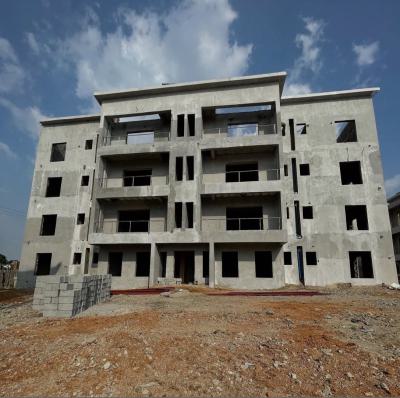Flats for Sale in Dakibiyu, Abuja With keyword 'PEC'
Quick Filters
Bedrooms Subtypes Areas Areas
3
What is the average price of flats for sale in Dakibiyu, Abuja?
The average price of flats for sale in Dakibiyu, Abuja is ₦120,000,000.
What is the price of the most expensive flats for sale in Dakibiyu, Abuja?
The price of the most expensive flats for sale in Dakibiyu, Abuja is ₦150,000,000.
What is the price of the cheapest flats for sale in Dakibiyu, Abuja?
The price of the cheapest flats for sale in Dakibiyu, Abuja is ₦30,000,000.
How many flats for sale in Dakibiyu, Abuja are available?
There are 3 available flats for sale in Dakibiyu, Abuja.
You can view and filter the list of property by price, furnishing and recency.



